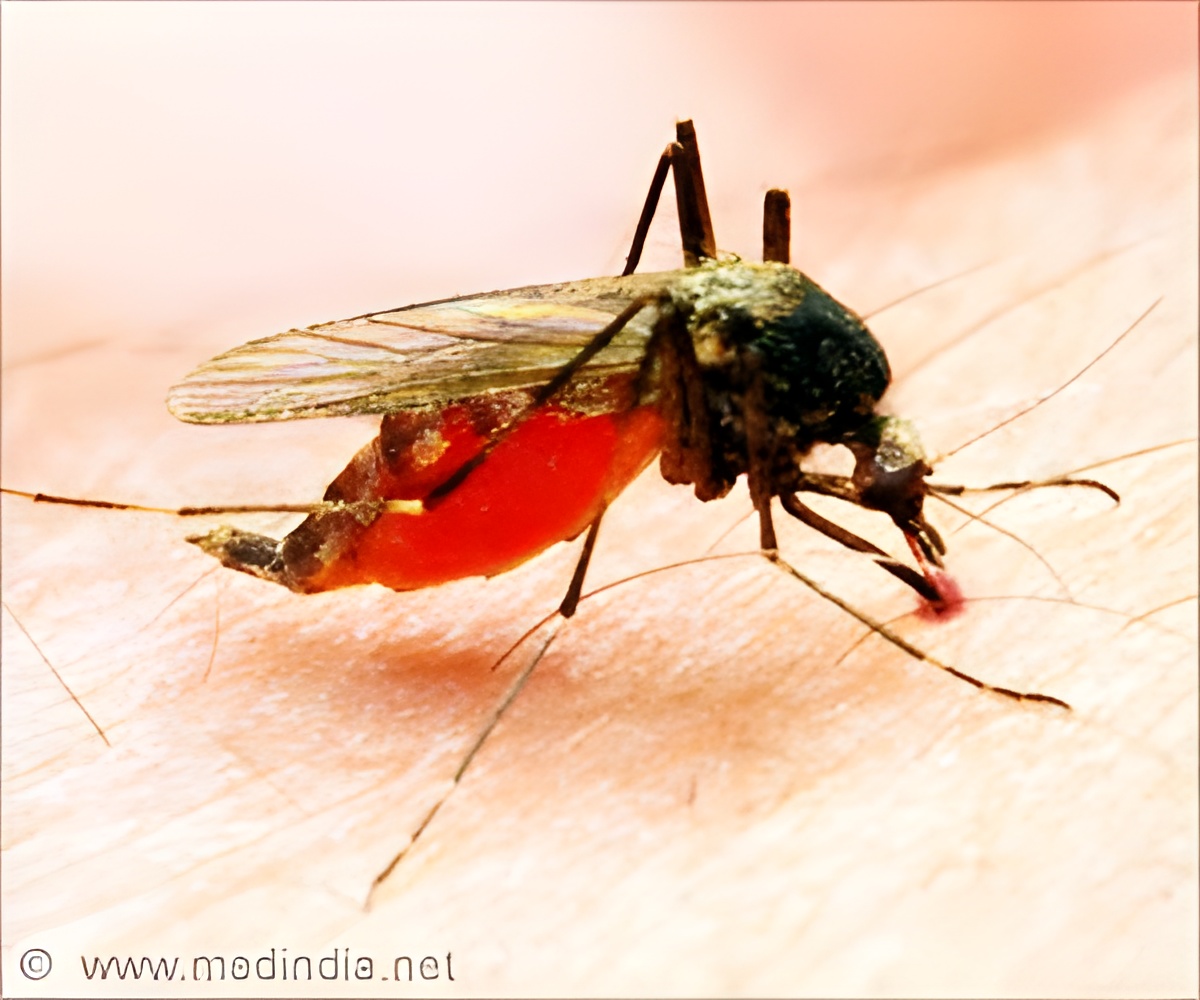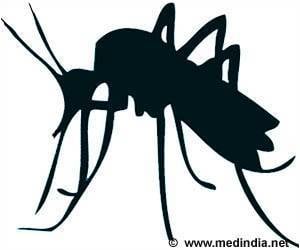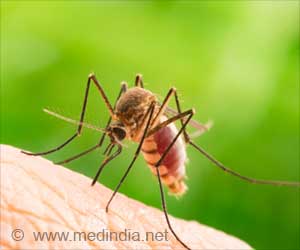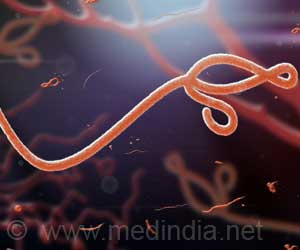The exact manner in which the malaria parasite is developing resistance towards the most important front-line drugs used to treat the disease has been discovered by scientists from NTU.

NTU Associate Professor Zbynek Bozdech, who led an international research team from 11 different countries, said knowing how the malaria parasite is developing drug resistance will help healthcare workers better treat patients suffering from malaria infections.
Their breakthrough findings are published today (12 Dec) in Science, one of the world's top scientific journal, published by the American Association for the Advancement of Science.
Using a cost-effective microarray technique, Prof Bozdech's team from NTU's School of Biological Sciences, analysed 1,000 malaria samples taken from patients in the area of the Greater Mekong Subregion.
The Greater Mekong Subregion includes countries such as Cambodia, Thailand, Vietnam, Laos and Myanmar, where various strains of malaria are still prevalent.
Prof Bozdech said the surprising find was that almost all the malaria parasites found in Cambodia and nearby regions had mutated and developed resistance to Artemisinin, the main drug used in combination therapies to treat malaria.
"Doctors in the Greater Mekong Subregion are finding that Artemisinin-based treatment - the wonder drug cocktail that can treat patients in three days - is now taking twice as long to work, and in some rare cases, has little to no effect," said Prof Bozdech, a biochemist and molecular biologist.
NTU research fellow Dr Sachel Mok, the first author of the scientific paper, said they found the malaria parasite's two major ways by which it becomes resistant to Artemisinin.
"First, the malaria parasite increased its capacity to repair the damage caused by the anti-malarial drug which gives it a higher chance of survival," said the Singaporean researcher.
"Second, because the drug is more effective against the parasite at its later stage of its development, the parasite slowed down its growth so it could survive longer in the younger stages."
"Using methods like gene expression analysis, we linked these two phenomena to a gene named K13, which was previously suggested to be associated with drug resistance but it was not clear how."
With this new knowledge, doctors will be able to design new strategies for drug treatments, particularly when deciding which cocktail of drugs will work better with Artemisinin to better treat patients.
The findings of this study will also give scientists and governments valuable data on how to better monitor the drug resistance of the malaria parasite and develop more effective ways of combating it.
Prof Bozdech, the Associate Chair for Research at NTU's School of Biological Sciences, said that overall research has shown that the drug resistance in malaria has been growing in the Greater Mekong Subregion and is likely to spread to surrounding areas.
Source-Eurekalert
 MEDINDIA
MEDINDIA




 Email
Email










